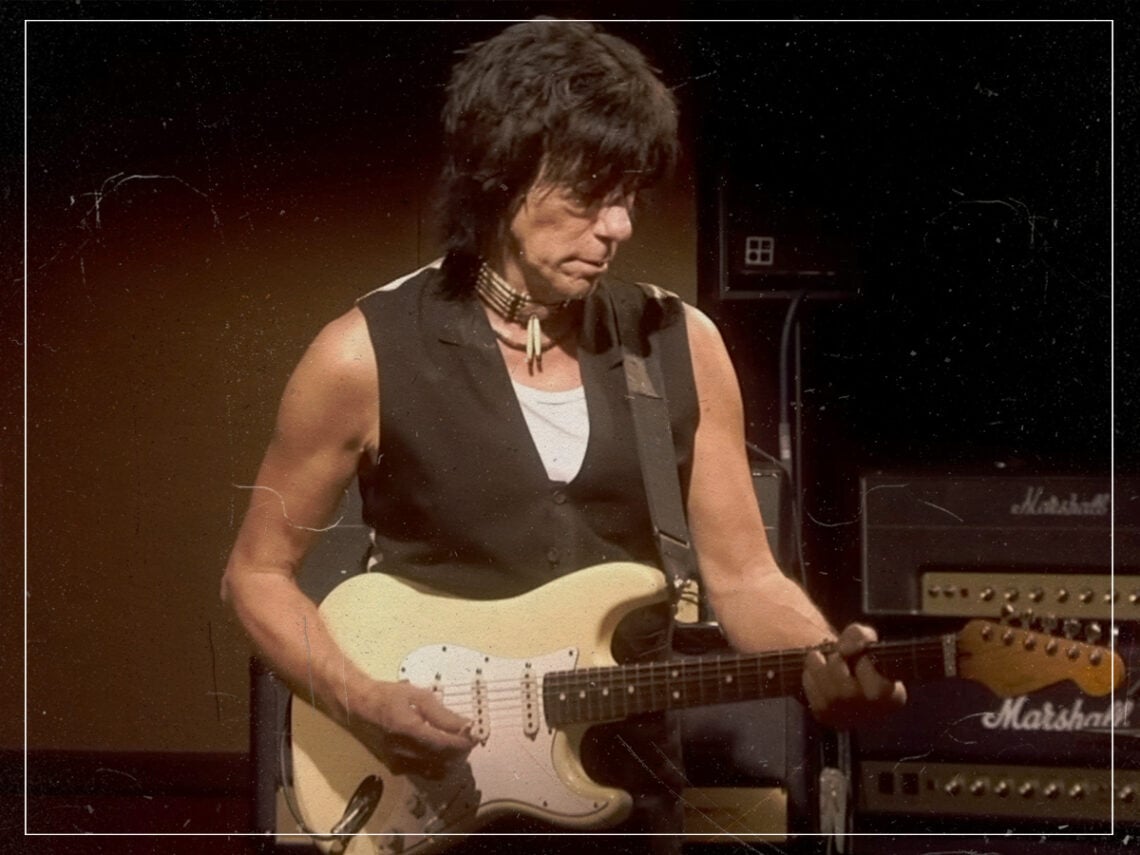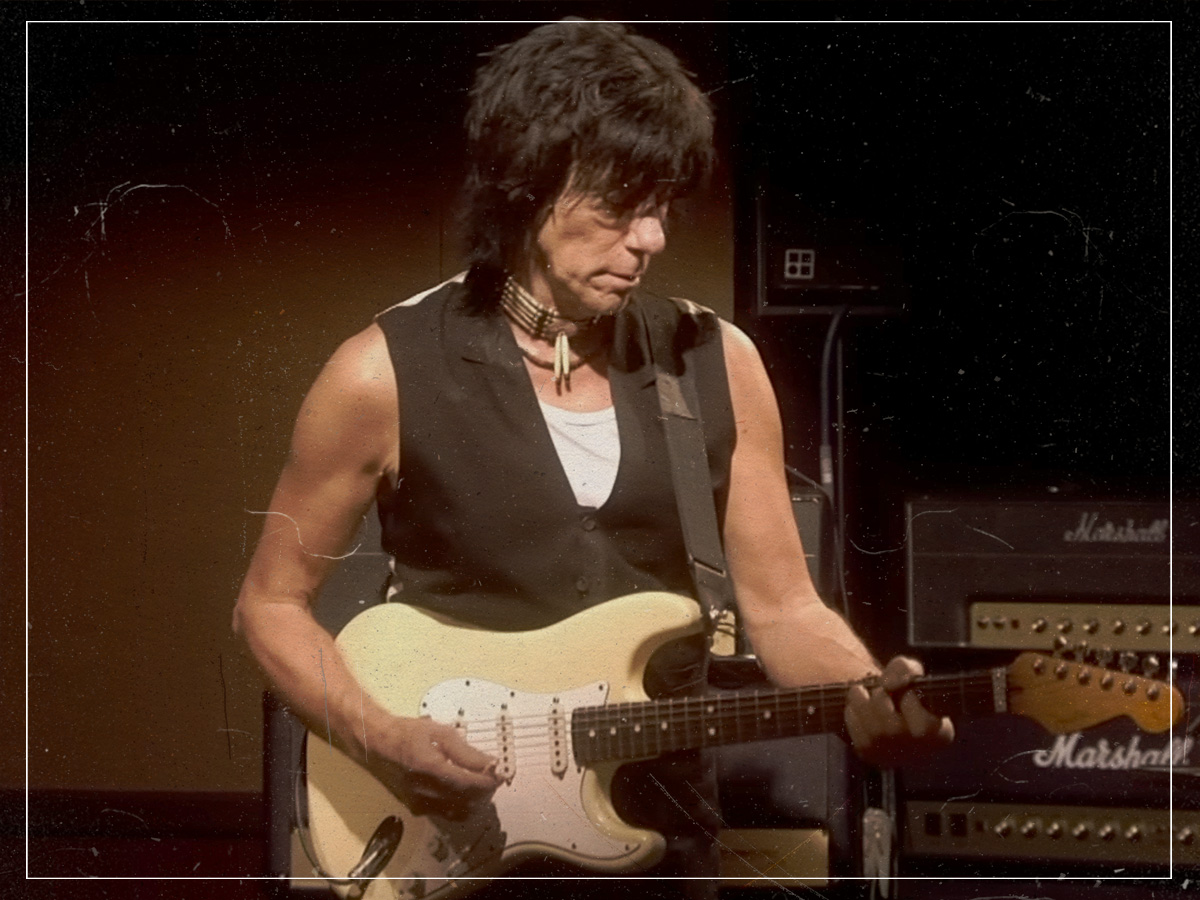
(Credits: Far Out / YouTube Still)
Thu 17 April 2025 12:00, UK
Ask any guitarist for a list of names of players they admire, and Jeff Beck will appear. In the history of British music, he’s one of the finest players the island ever created and became a truly foundational force in the rock and roll era. But when one of the other pillars of that moment reached out to him, he turned them down, saying no to what would have been a truly historic link-up.
It was 1974. Word was going around that the most famous rock and roll band in the world needed a guitarist – The Rolling Stones were auditioning. Mick Taylor had just walked out, finally having had enough of being, as he put it, a “junior citizen in the band of jaded veterans.” Taylor himself had already been a replacement for Brian Jones, and in the years Taylor was in the group, he’d truly levelled up their guitar sound, making it more essential than ever to not only have two players but have two great players. Keith Richards was holding down his parts, but the band needed someone to hold down the rest and fast.
The list of names on that call sheet was incredible. Peter Frampton auditioned, Shuggie Otis auditioned, Robert Johnson auditioned. But in Jeff Beck’s memory, the second his name was floated, they cancelled anyone else trying out.
“I got a call, a very dodgy call from my manager saying ‘The Stones would love you to go to Amsterdam, or Rotterdam, and do a couple of tracks with them,’” he recalled, basically tricked into coming along under the guise of just working on a song today. But when he got there, something was odd. “I said, ‘What are all those guitars doing in the lobby? There are thousands of guitars with different names, and they’re not Keith’s?’ They said, ‘Well, we’re auditioning for a replacement, and when you agreed to come, we stopped them from coming.’”
Already a true legend, the band didn’t insult Beck by making him audition. “So I said, ‘So I’m in the Stones?’, they said ‘Of course you are’”, is how the guitarist recalls it. But he did somewhat insult them by turning them down.
“But, I couldn’t. The way their lifestyle was, as much as I’d have liked to have joined the Stones, I couldn’t do that pace,” he said, was his reasoning. It makes it sound like Beck didn’t think he could keep up with the band’s partying or the speed with which they put out records and toured. But actually, it was quite the opposite. Beck thought the Stones would bore him.
“It’s too slow. I couldn’t have enjoyed any length of career just playing three chords,” he said. It’s a comment that largely echoes what Taylor said about his own decision to exit and his desire to do his own thing and experiment more. The Stones has a recipe and they largely stuck to it. As Beck put it, “‘Three chord wonders’ is what Ian Stewart used to call them. They didn’t do anything too challenging.”
As a guitarist famed and remembered for his experimentation, it simply would never worked, leaving music fans to only fantasise about the music that might have been made if it did.
Related Topics
Subscribe To The Far Out Newsletter
